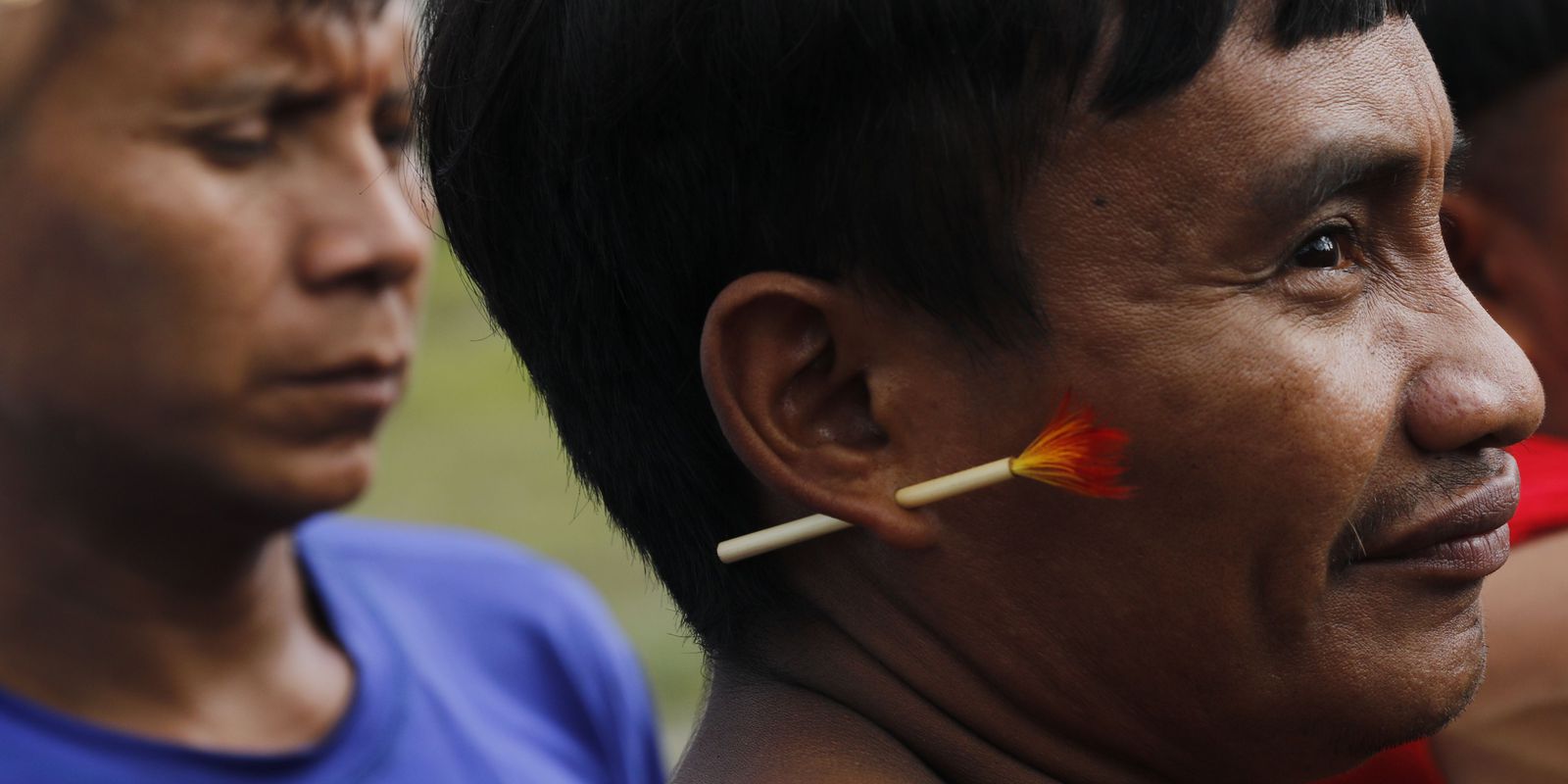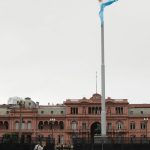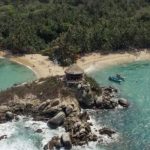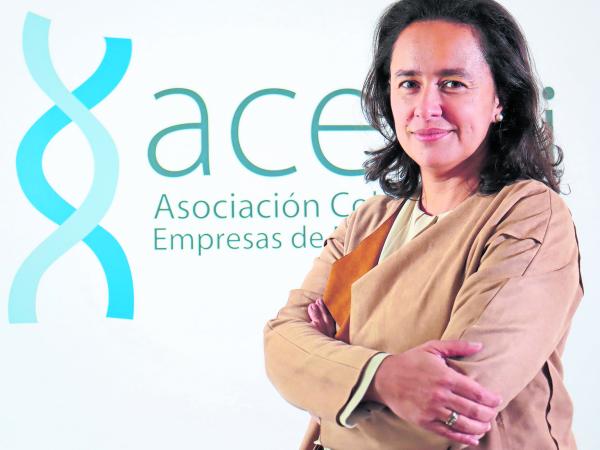The presence of illegal mining in the Yanomami Territory causes multiple impacts on the social life of the indigenous people. The humanitarian crisis is more visible in the delicate state of health, especially of children and the elderly, as seen in recent weeks, but it also reaches cultural dimensions of this people. Last week, the report by Brazil Agency visited the Casa de Saúde Indígena (Casai) in Boa Vista a few times, and was also in the Yanomami Territory itself, at the Surucu Base Pole, between Thursday (9) and Friday (10). During the visits, she spoke with indigenous people and experts to better understand how they perceive these impacts. 
“Dirty water to eat, spoils the fish. Very weak children. Drinking dirty water and the belly hurts a lot”, says Enenexi Yanomami, who tries to describe the situation experienced by his relatives in the indigenous land. A Brazil Agency met the 21-year-old indigenous youth at the entrance to Casai. According to him, he spent more than 60 days in the capital to accompany sick family members. The return to the territory, which depends on air transport, had no forecast. “There are more hours of flight to Surucucu”.
For him, the presence of mining is what has caused the damage that affects his people. “Now, you have to dig for mining. When you do, it’s okay. There’s a lot of mining there, [tem que ser] prohibited”.
Mother of two children hospitalized at Casai, Louvânia Yanomami has lost count of how long she has been away from her homeland. With no forecast for discharge, she received a warning from doctors that, if she returned, she could put her younger son’s life at risk. The child, who is between 1 and 2 years old, has severe malnutrition and swelling of the abdomen.
“I’m very tired, there are a lot of people here [Casai], one can tell. It’s a difficult situation. I won’t leave because it’s mine [filho] and I can’t take him because he’s going to die”, she reports, anguished, with the help of an interpreter. In January, the Casai housed more than 700 people, but the place has a capacity for just over 200. There was a reduction in this overcrowding, but the space still registers the presence of more than 500 people, according to last week’s balance of the Federal Government’s Emergency Operations Center (COE).
Arokona Yanomama, who also complains about the environmental damage caused by the illegal exploitation of minerals, spoke to Casai. He cites how the heavy machinery of dredgers and tractors chases away game and pollutes the land. “Bad smell. Hunting dies, everything dies. The land is not good, it’s very ugly. Smoke machine came in, that’s why it smells very bad. They contaminated land, contaminated water, polluted fish”, he reports. Now, to hunt a wild pig, he has to walk at least 50 kilometers to get away from the most deteriorated area.
lost reference
“The mining is going to attack the basic food chain of the Yanomami. They are a people of territorial mobility, they live by hunting, fishing, gathering and agriculture. Nothing sadder, then, than a Yanomami hunter not having game to supply the family,” explains anthropologist Maria Auxiliadora Lima de Carvalho. She has been working with the Yanomami people in Roraima for over 20 years.
“The Yanomami people have never needed food donations to survive. This whole scenario of vulnerability has been provoked. The biggest problem is still the presence of prospectors,” says the Ministry of Health’s special secretary for Indigenous Health, Weibe Tapeba, who visited the territory last Thursday (9).
Even some of the Yanomami’s most sacred rituals are being drastically disrupted by prospecting activity and widespread lack of health care within the territory. This is the case with funeral ceremonies. The Yanomami do not bury their dead. They cremate the bodies of their deceased family members and then grind the bones to powder. The process can take weeks and often includes a final phase in which the community performs an act of eating banana porridge with the ashes of the deceased.
“The Yanomami insist on funeral rituals, but there are so many dead that there isn’t even time to mourn them”, says the anthropologist. These ceremonies can also include the presence of visitors from different villages and, in these cases, the hosts usually offer a game animal, which has become scarce in the regions affected by mining.
The entry of alcohol into the Yanomami culture, which is not recent but has been getting worse, is another destabilizing factor. Kaxiri, a non-alcoholic and very traditional drink made from boiled cassava, was fermented by the indigenous people to have a high alcohol content, under the influence of prospectors, even during the first invasion of the territory, in the late 1980s. “This has increased cases of violence against women and violence in general”, explains Maria Auxiliadora. It also interfered with agricultural production, causing indigenous people to increase manioc plantations to produce the drink, expanding the cycle of alcohol consumption in the villages.
harassed youth
The anthropologist also notes another type of community breakdown caused by mining. In the first major outbreak of illegal mining in the Yanomami Indigenous Land, starting in the second half of the 1980s, most of the indigenous population was made up of adults. Currently, however, the base of the age pyramid has become much more numerous, with a strong presence of adolescents and young people. However, the vast majority of schools within the territory have been disabled by the state government.
“Public policies are not enough for these young people. And they are young, they want adventures. As a result, mining has enormously harassed these young people, with access to weapons, which they appreciate a lot, and other objects”, adds the specialist.
She cites the case of sexual harassment by prospectors against indigenous women, which she observed during field work in the community, where she stayed for several years, between 2002 and 2009. According to the anthropologist, the accusations that are being revealed now, with the explosion of mining in the territory, are very likely.
“With mining all the time and more and more, it’s quite possible that they seduced them. They really like soap, hair oil, food. So, this exchange for sexual intercourse, whether consensual or not, is unequal, because there are very clear positions of power”, he argues.
The federal government is investigating the case of 30 yanomami girls that they would be pregnant by prospectors who work illegally in the territory.
Hope
Amidst the chaos experienced by the Yanomami, hope for the future involves the reactivation of schools in the region, which were closed for more than a decade.
“Here there was a school, I still remember”, says Ivo Yanomami, tuxaua (chief) in the community of Xirimifik, with more than 200 people, mostly children and teenagers. The village is about a 15-minute walk from the Surucucu track.
The demand for the resumption of indigenous schools within the territory will be taken to the federal government, assured the secretary of Indigenous Health, Weibe Tapeba, during a visit he made to the region.
*Flávia Peixoto and Ana Graziela Aguiar, reporters from the TV Brazil.


















